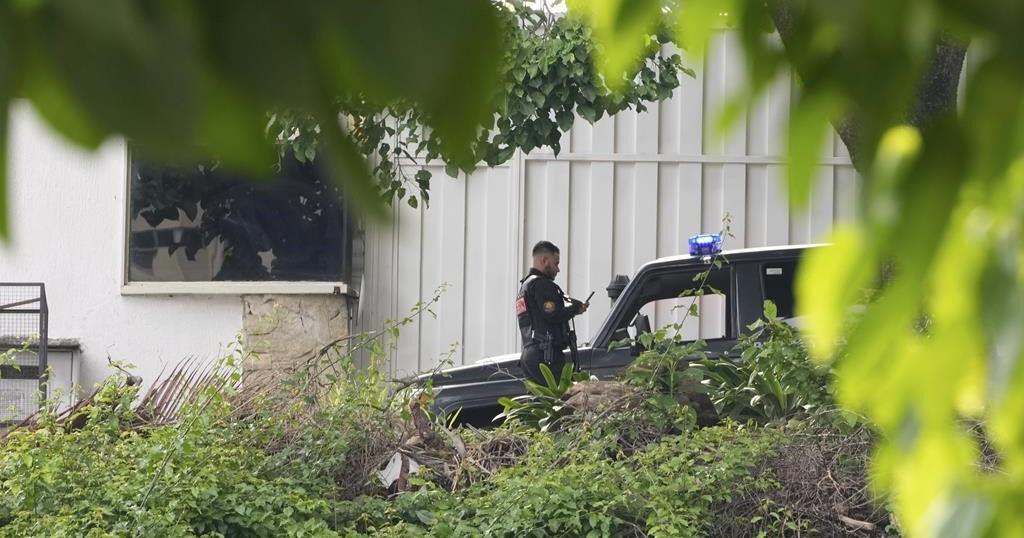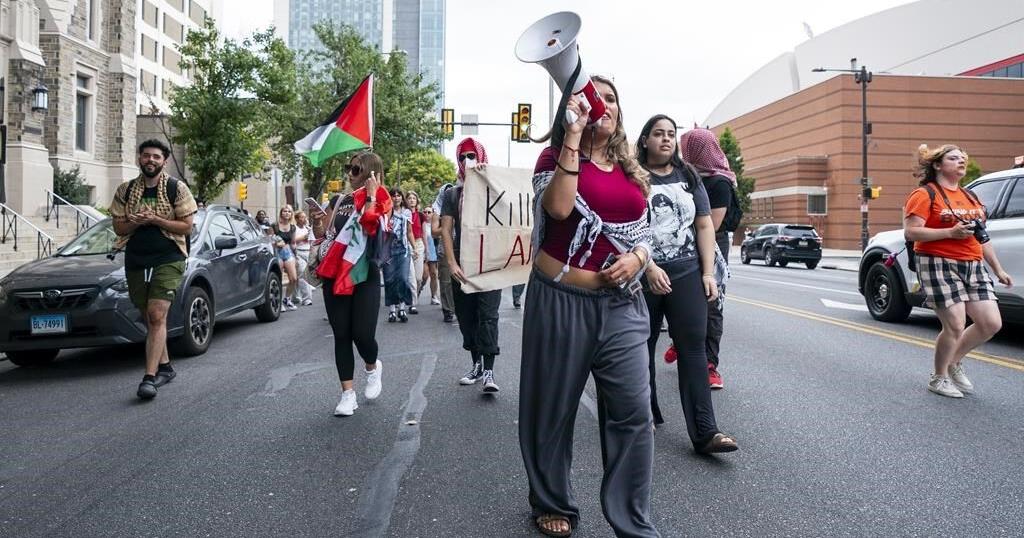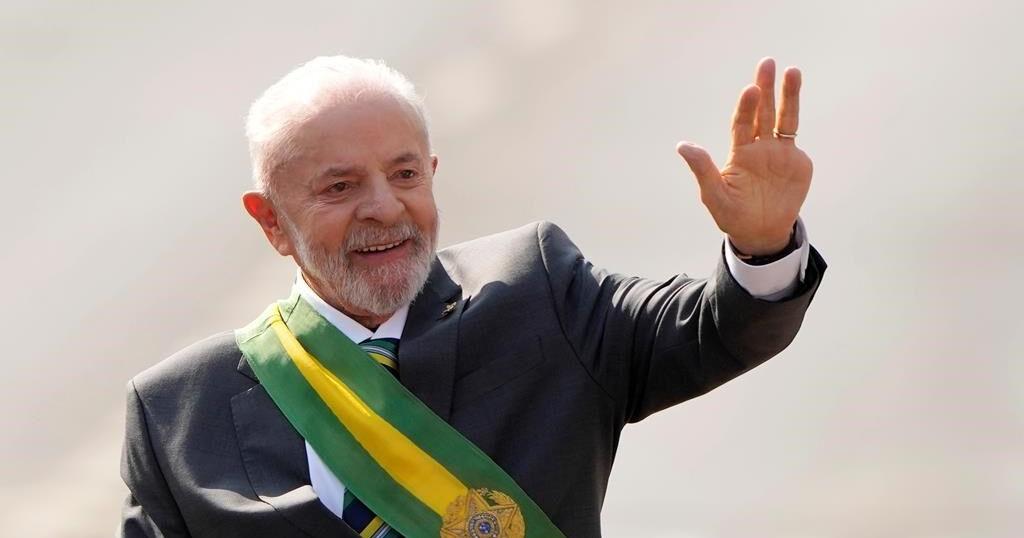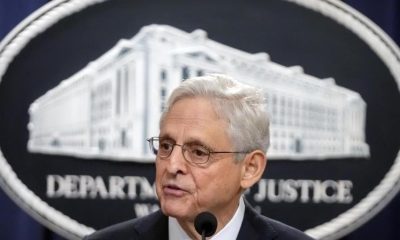CARACAS, Venezuela (AP) — Venezuela’s government said Saturday that Brazil can no longer represent Argentina’s diplomatic interests in the country, putting at risk several anti-government opponents who have holed up for months in the Argentine ambassador’s residence seeking asylum.
Venezuela’s foreign ministry said in a statement it had notified Brazil of its decision, which will take effect immediately. It said it was forced to take action based on what it called evidence — which it hasn’t shared — that those who sought refuge in Argentina’s diplomatic mission were conspiring to carry out “terrorist” acts including the assassination of President Nicolas Maduro and his vice president.
Magalli Meda, the former campaign chief of opposition leader María Corina Machado, was among a half dozen government opponents who fled to the Argentina ambassador’s residence after Maduro’s chief prosecutor in March issued an order for her arrest for allegedly propagating destabilizing, political violence.
In retaliation, Maduro broke off diplomatic relations with Argentine President Javier Milei’s right-wing government, which tapped neighbor Brazil to represent its interests and safeguard the asylum seekers.
Brazil’s foreign ministry, in a statement, said it was “surprised” by Venezuela’s decision. Under the Vienna Convention governing diplomatic relations, Argentina must now name a substitute custodian acceptable to Venezuela’s government, the foreign ministry said. Meanwhile, Brazil will remain responsible for the diplomatic mission, whose physical integrity cannot be violated, the statement said.
Since Friday, armored vehicles from the SEBIN political police have been parked outside the Argentina ambassador’s residence in a leafy Caracas neighborhood. Electricity to the diplomatic mission was also cut, according to Meda, who has taken to social media to denounce what she fears is an impending raid to arrest her and the other government opponents.
Argentina’s president has been among those leading the charge against Maduro over alleged attempts to steal July’s presidential election. Electoral authorities pronounced Maduro the winner despite strong evidence collected at the ballot boxes by the opposition that it prevailed by a more than 2-to-1 margin.
On Saturday, Milei’s government blasted Venezuela’s “unilateral action.” It also expressed gratitude for Brazil’s continued representation of its interests, indicating it wasn’t in any rush to find a replacement.
In a statement, the foreign ministry said any attempt to raid its ambassadorial residence, and “kidnap” its asylees, would be condemned by the international community.
“Actions like these reinforce the conviction that in Maduro’s Venezuela the fundamental rights of human beings are not respected,” the foreign ministry said.
Brazil has also refused to recognize Maduro as the victor, demanding instead that authorities release a breakdown of results, as is customary in Venezuelan elections.
But unlike Milei, a strident conservative ideologue, President Luiz Inacio Lula da Silva has gingerly tried to avoid antagonizing Maduro to give space for a regional reconciliation effort led by him and fellow leftist leaders from Colombia and Mexico.
That diplomatic effort has so far yielded few results, prompting observers to question its utility. Meanwhile, police have arrested more than 2,400 people in a brutal crackdown on protests and dissent.
This past week, Human Rights Watch issued a report connecting security forces and pro-government armed groups to the killing of several of the 23 protesters who died during the protests. The report was based on forensic analysis of videos shared on social media as well as interviews with witnesses.
___
Associated Press writer Joshua Goodman contributed to this report from Miami.


























